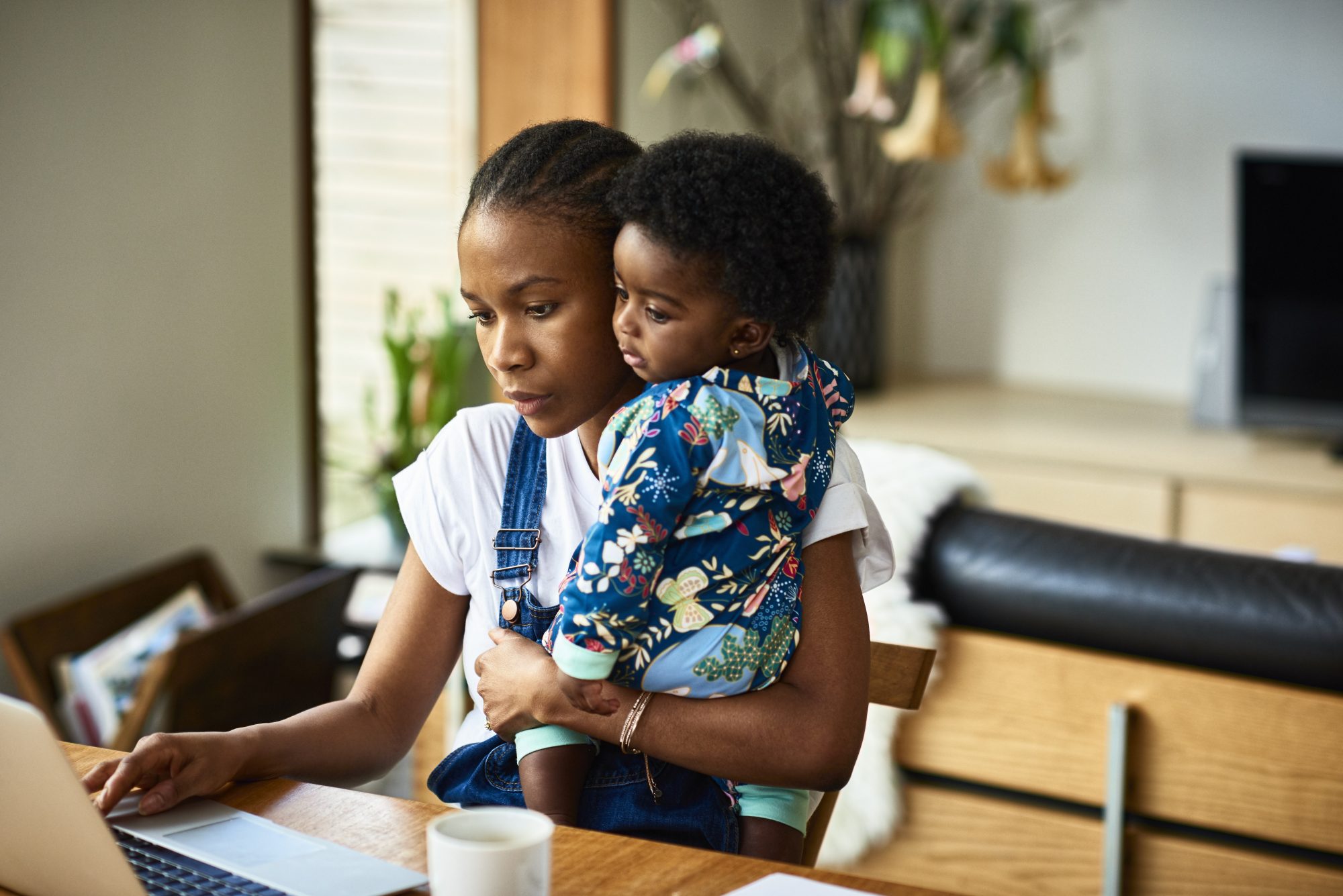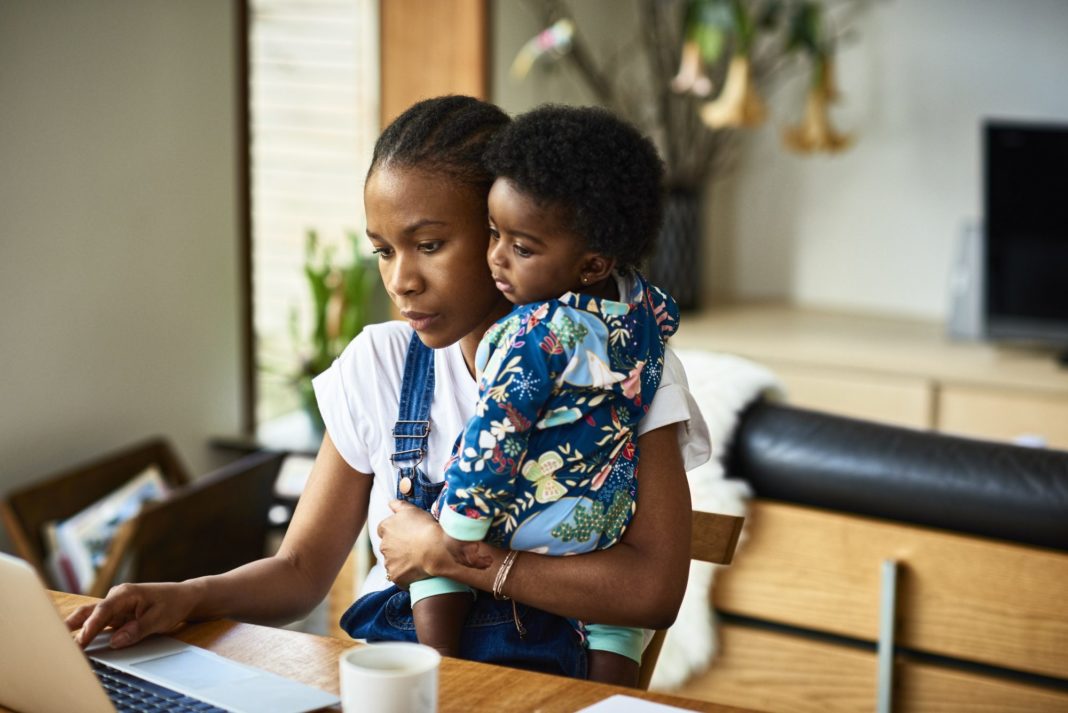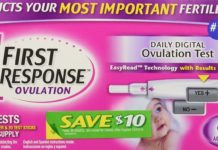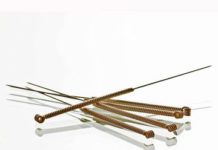
As a 38-year-old single woman, I had a pretty firm grasp of who I was. I was friendly and outgoing, I was an above-average parallel parker, and I was an endless source of '80s and '90s pop culture references. I was also stubborn and headstrong. I was a certified disaster after just one shot of tequila. I was terrible at math. I have/had zero sense of direction. I could get lost in my own neighborhood. These were things I knew about myself; then there were the things I still hoped for myself: A career as a writer, and a life as a mother. I felt like I had the tools to be both, but no opportunity to use either.
In college, I had been the editor of the student newspaper. I majored in communications, and I interned at a pretty prestigious newspaper in Miami. I was trending in the right direction—and then, I graduated. The bills came rolling in, the responsibilities kept piling on, and the concept of making it as a writer seemed less and less realistic and more and more like a pipe dream.
I liked words, I loved putting them together, but in my 20s and most of my 30s, I felt as if I had very little to say—and if I did, it didn't feel significant. Then there was the fear of writer rejection. What if I did have something to say, and no one cared to hear it? What if I was wasting someone else's time with my piddly little pen-to paper-thoughts? I had imposter syndrome before it was cool to have imposter syndrome. So I said nothing. I wrote nothing.
When it came to motherhood, I had always known I wanted a child. I was never on the fence about this, nor did I ever have self doubt about my ability to be a good mother. I did, however, suspect I wasn't destined for marriage—and that even if I were to find the right person, it wouldn't happen anytime soon.
I had imposter syndrome before it was cool to have imposter syndrome. So I said nothing.
So I made a choice. A single-mother-by-choice kind of choice.
With the generous gift from an anonymous sperm donor, I underwent seven failed rounds of intrauterine insemination, and two failed cycles of in vitro fertilization. On my third (and what I'd decided would probably be my final, regardless) round of IVF, I became pregnant with my son, Wyatt. He was perfect, and I would say he left me speechless, but that would be a lie. On the contrary: He gave me my voice. Once Wyatt was born, I had a truckload to say—and a drive to say it.
As the mother of a newborn, I was as physically exhausted as I had ever been. As a writer, I was wide awake. In both instances, Wyatt woke me up. Wyatt inspired me to want to tell the world how hard infertility is, and to talk about the struggles people go through in order to make their families. He lit a fire in me to tell other families that they are not alone—and to let single people and women over 35 know that they can still make that family happen. I finally had a message, but I just wasn't sure where to send it.
So I started talking, and started googling tips and tricks for writers. I began looking at publication's editors' lists, and then finding the editors on social. I started emailing them my story ideas. I honestly never thought anything would ever come of it—until one day, I got an email back, from an editor who wanted me to write my story. I was shocked. I was prepared write it for free—but they offered to pay me.
From there, the work just kept coming. I kept pitching, and my pitches kept getting accepted. Initially I wrote primarily about my experiences as an infertility patient. Then, I began to write about my life as a new mother; then, I started to write about Wyatt and his milestones. The words kept coming, and so did the extra income.
To be clear, my son and I aren't living like Rockefellers over here. But, thanks to my freelance writing hustle, we are secure. We would have been fine with just my 9-to-5 gig's salary, but with the addition of my freelance income, my son and I will be more than fine: We will be free.
Becoming debt-free feels pretty amazing for anyone, but for me as a single mother, financial freedom means so much more. For too many people who hear the term "single mother," there are assumptions—and there are labels. I had the chance to read plenty of them after internet trolls left harsh comments on my essay about seeking medical treatment to become a single mother.
With the addition of my freelance income, my son and I will be more than fine: We will be free.
What did I learn from the basement-dwelling internet trolls? Apparently, all single mothers are uneducated and are struggling. All single mothers are trash, and we are all damaged. The children born of single mothers will suffer, and their futures will be limited. Apparently.
The reality, however, is that these assumptions are bullshit, and are based solely on stereotype, myth, an intolerance to differences, a fear of independent women, and in some cases, the delicate nature of a fragile male ego.
Single mothers are some of the hardest-working people out there. We are efficient, we are resourceful, and we carry the love, the work, and the worry of two people in one. As for the children of single mothers? My son, for one, knows he's loved because he hears it, probably to his annoyance, every five minutes. My son's future is limitless. He's bright, he's caring, and he's hilarious. He makes my world, and this world, a better place.
For me, our financial independence doesn't just mean we have extra cash in our pockets; it means I have proved the single-mother-peanut-gallery wrong. It means that I am in the position to tell the bigots of the world that being a single mother didn't destroy me; it saved me. It means I get the chance to look my critics in the eye, smile coyly, and say, "Keep the change."
































